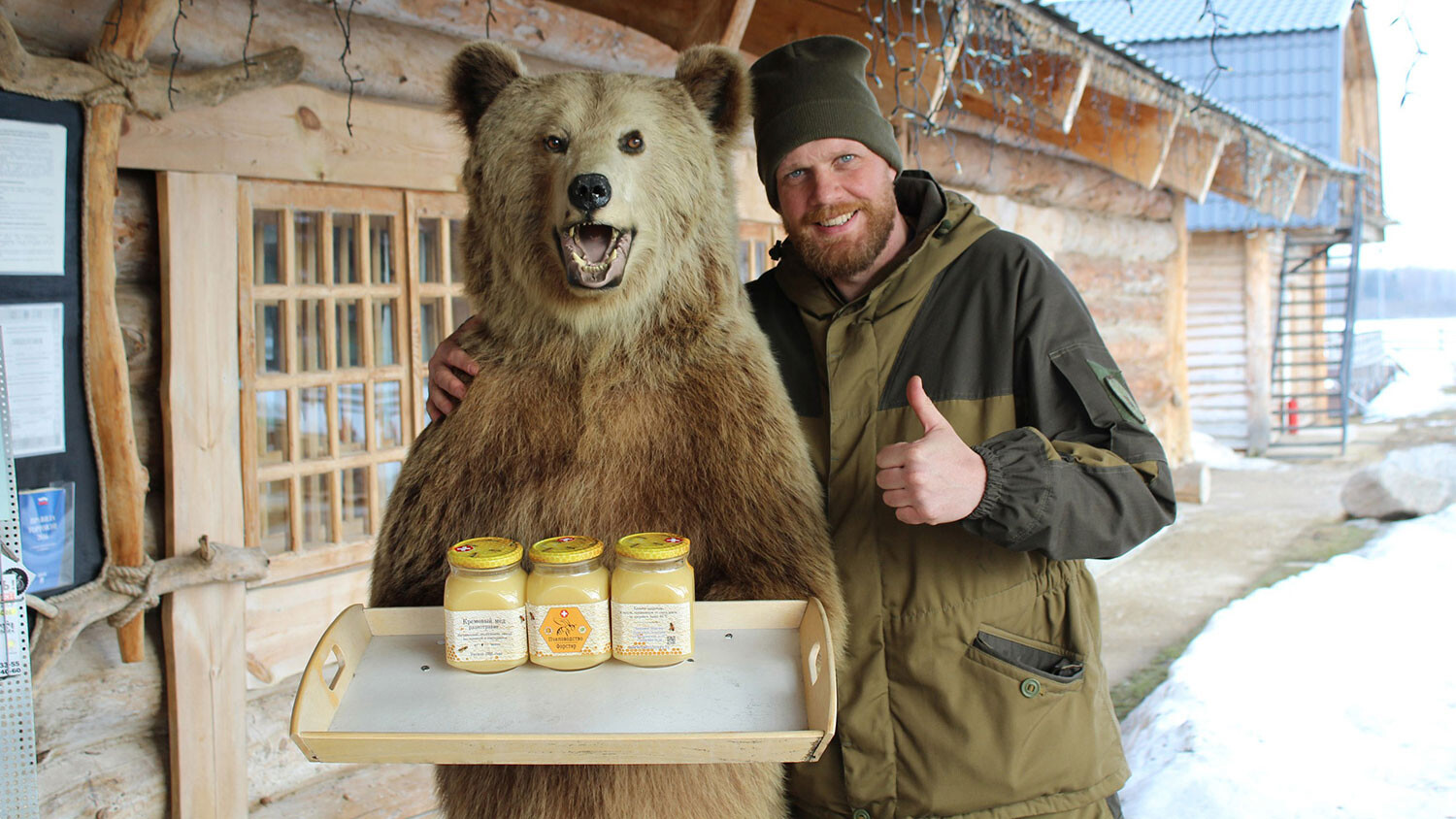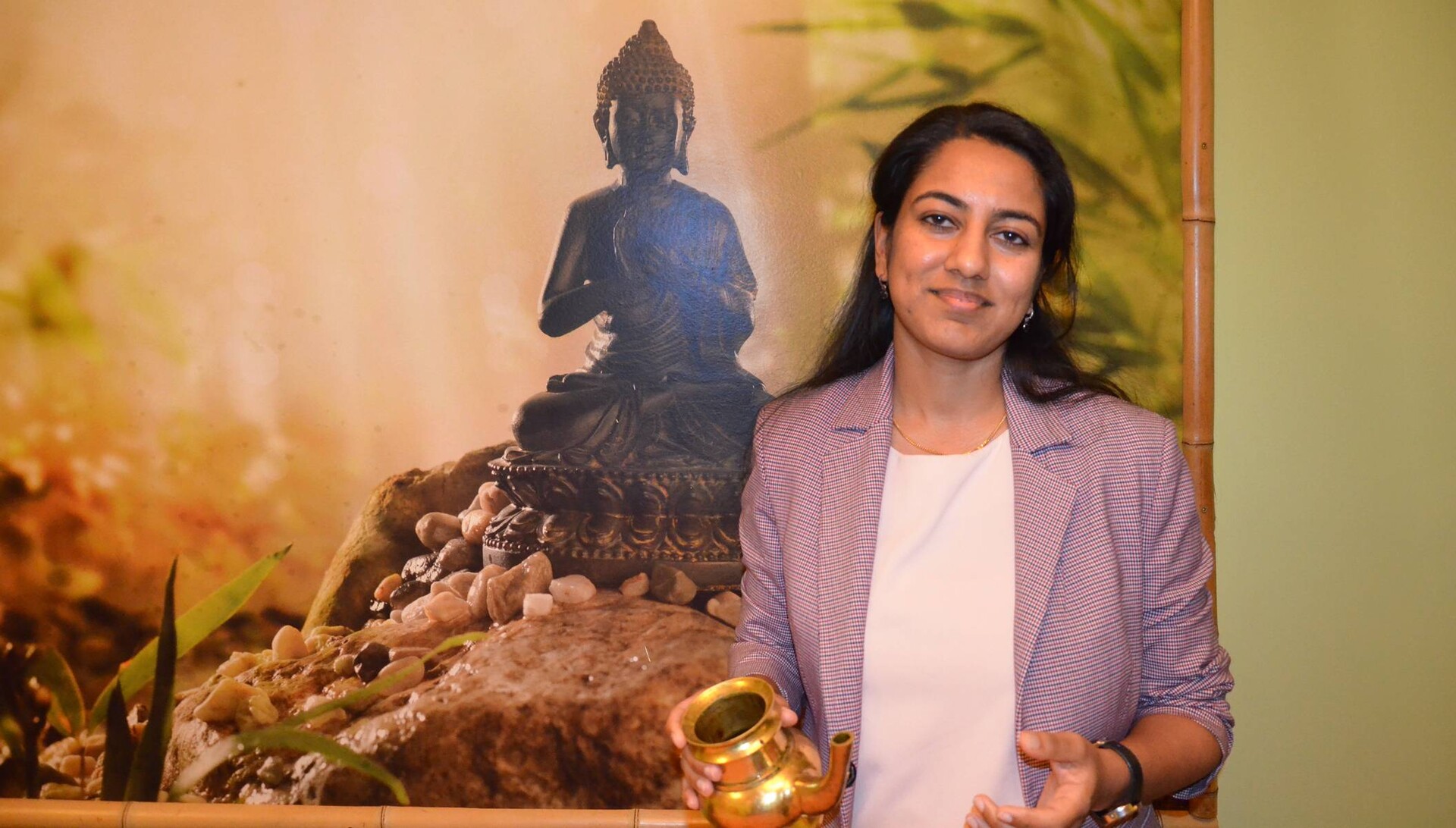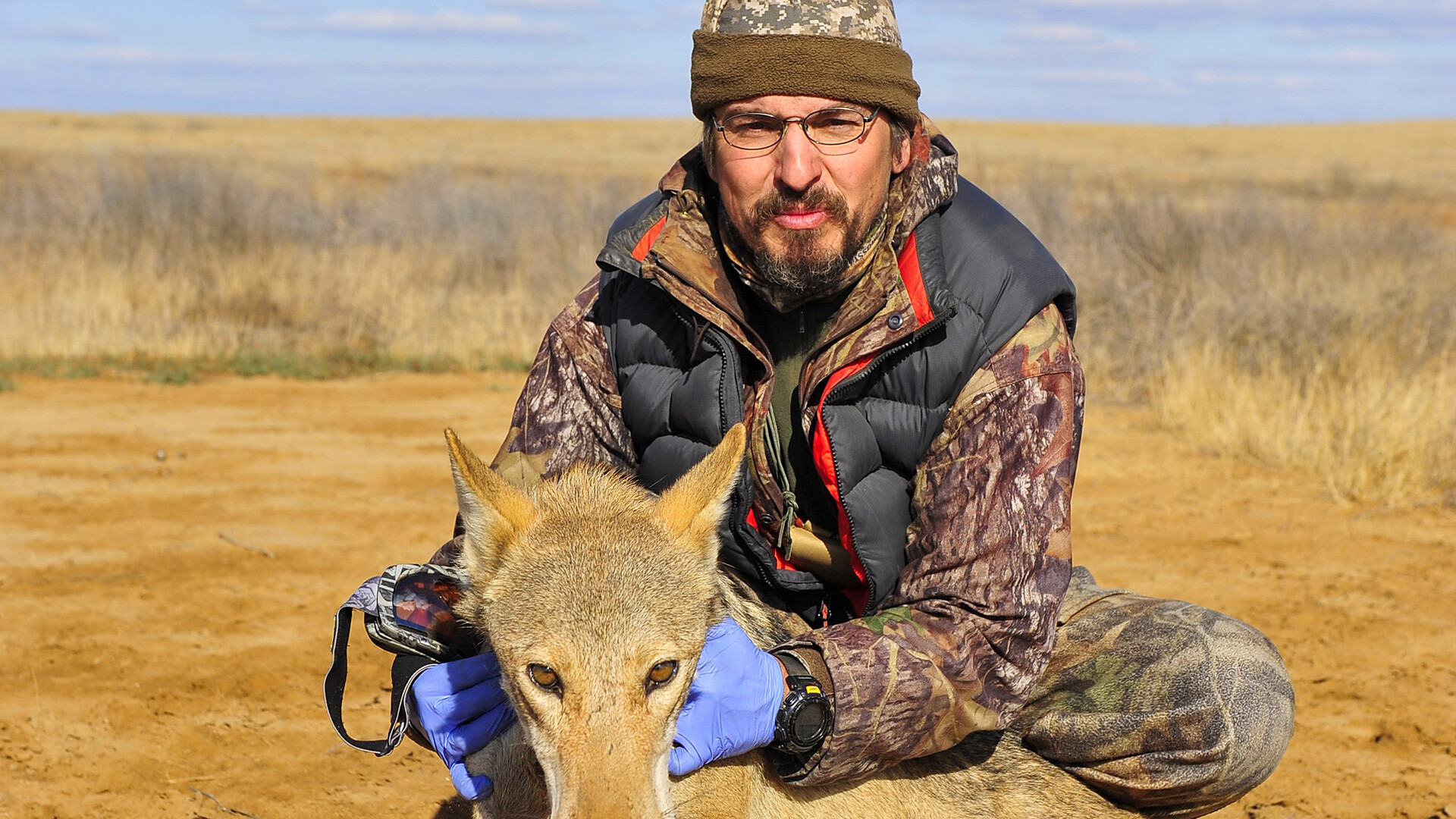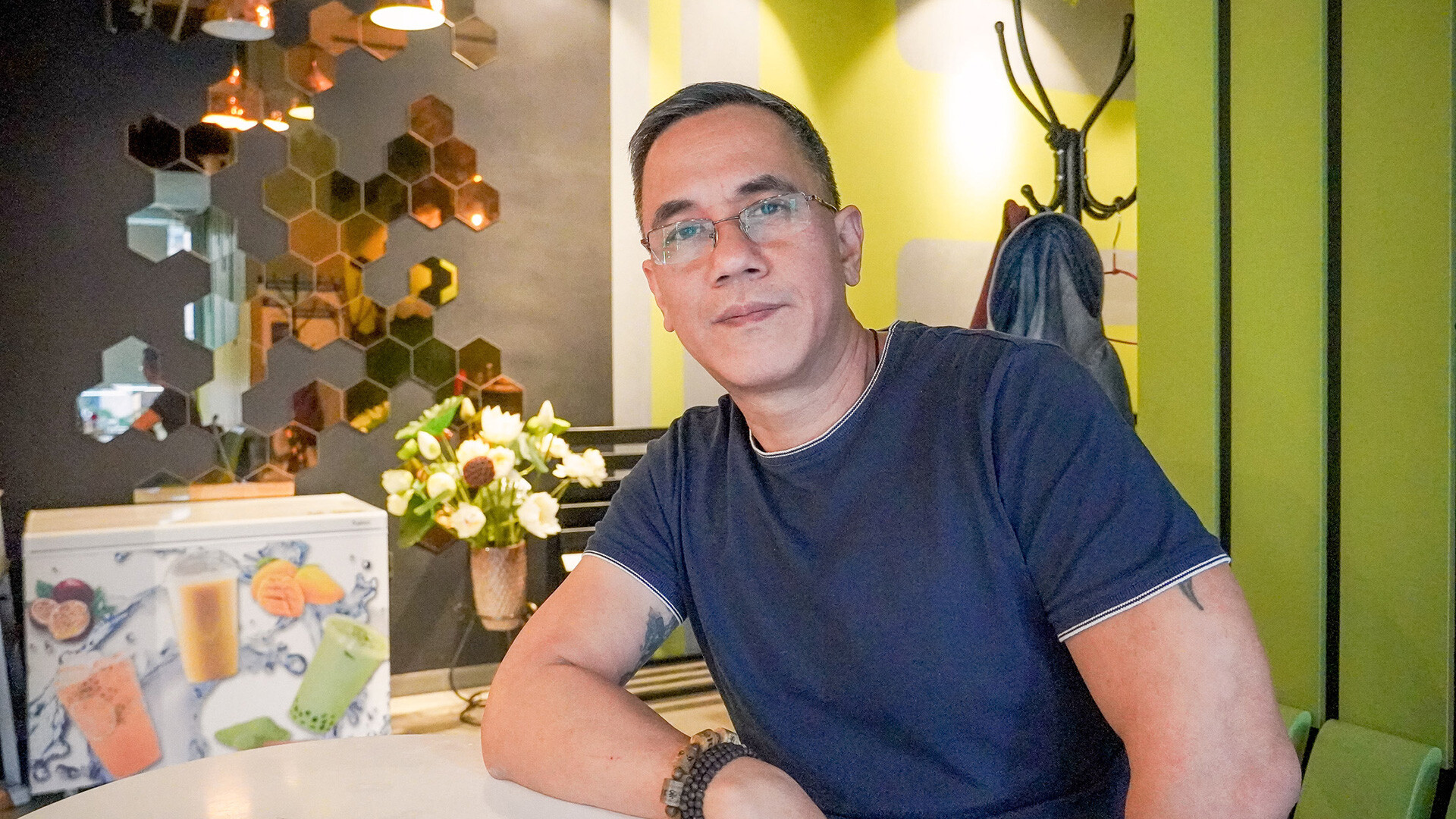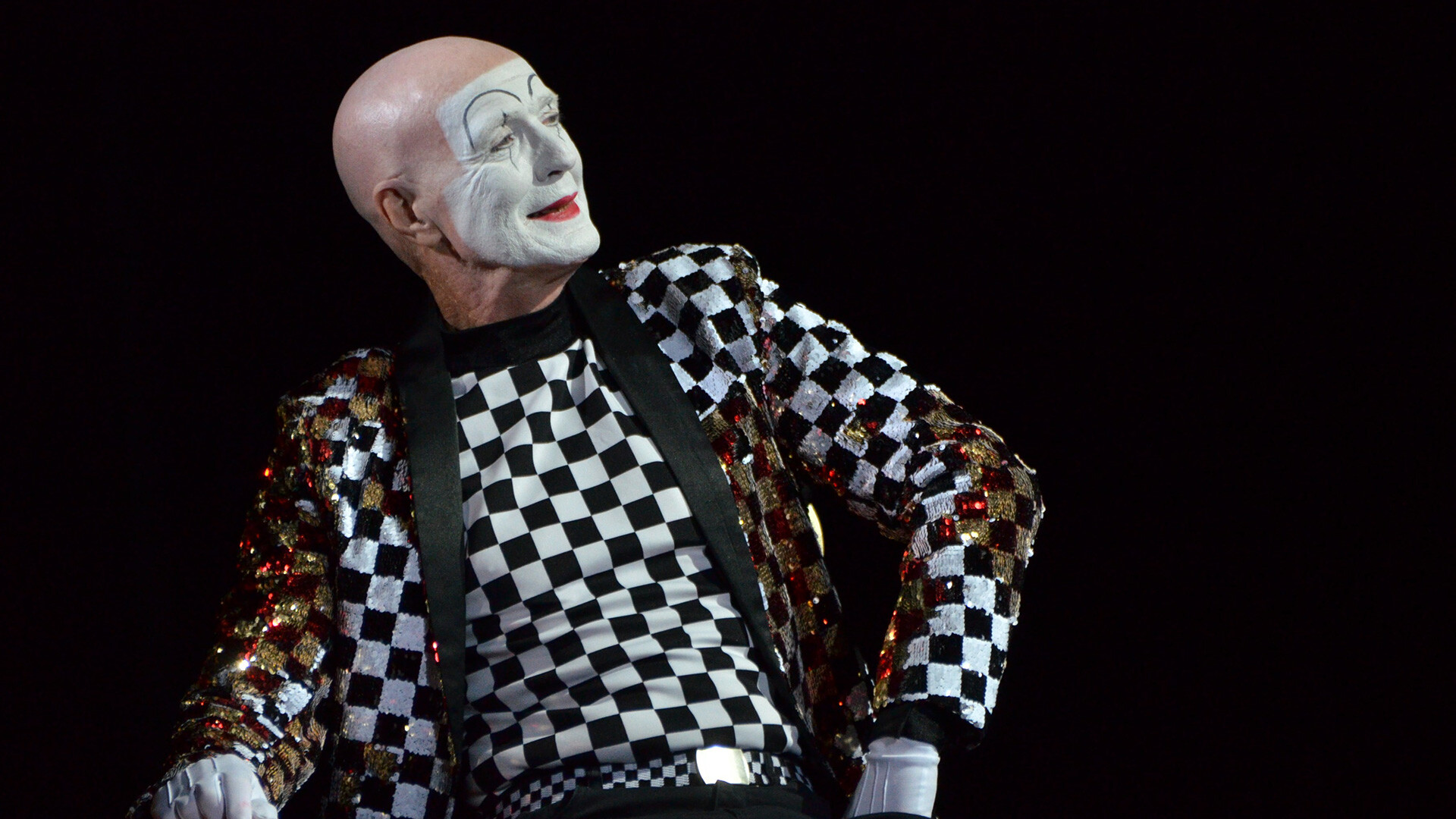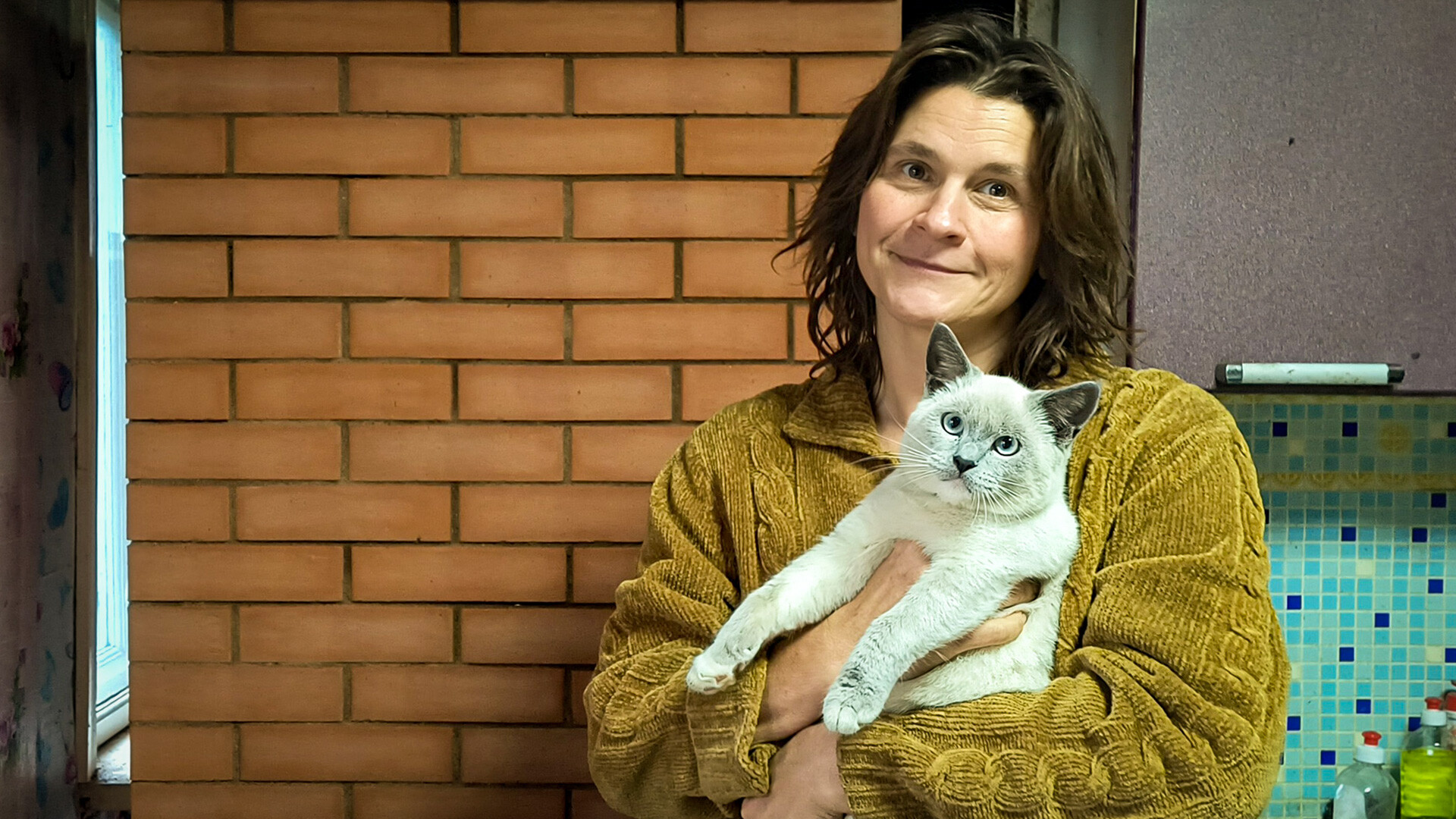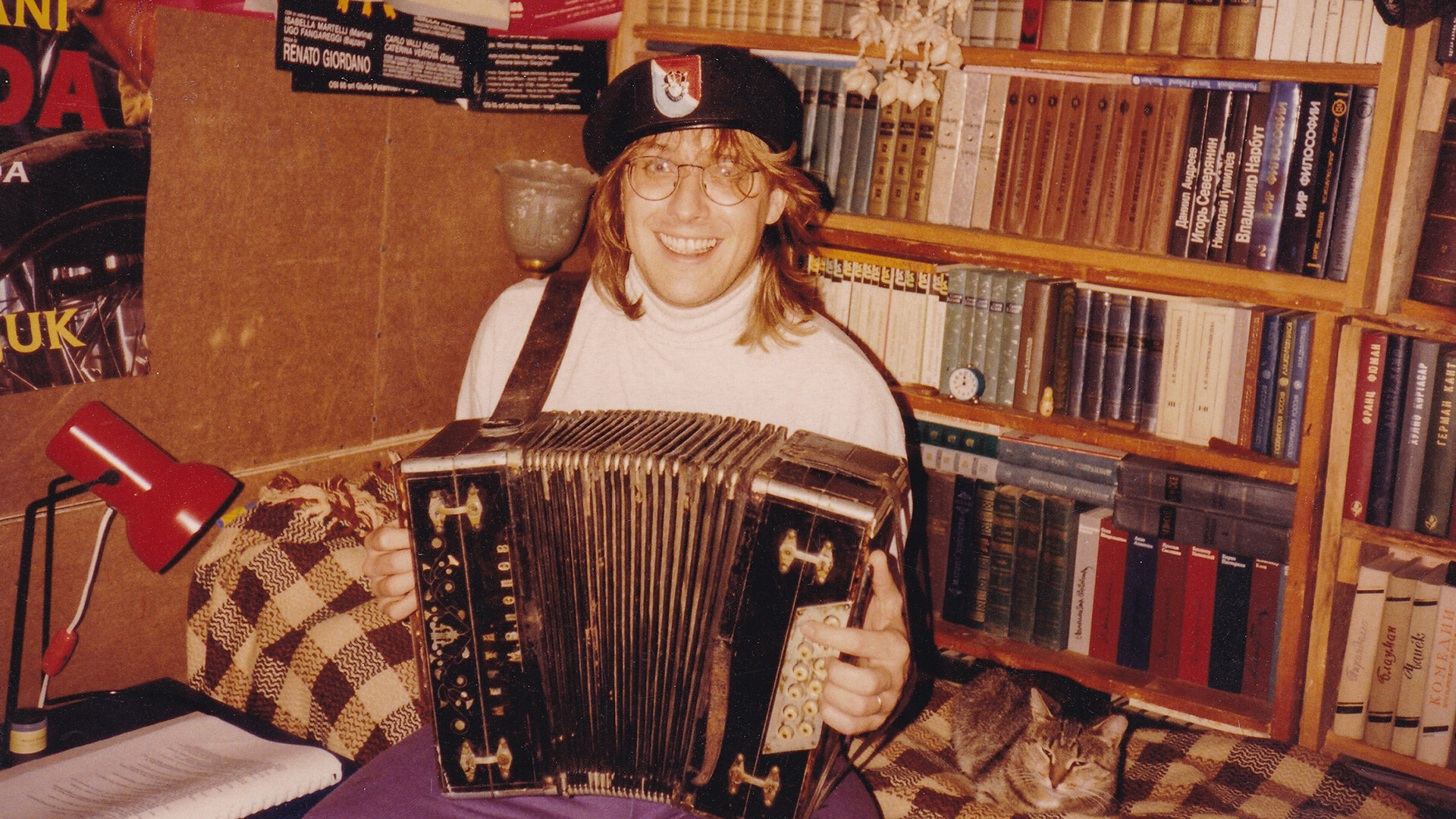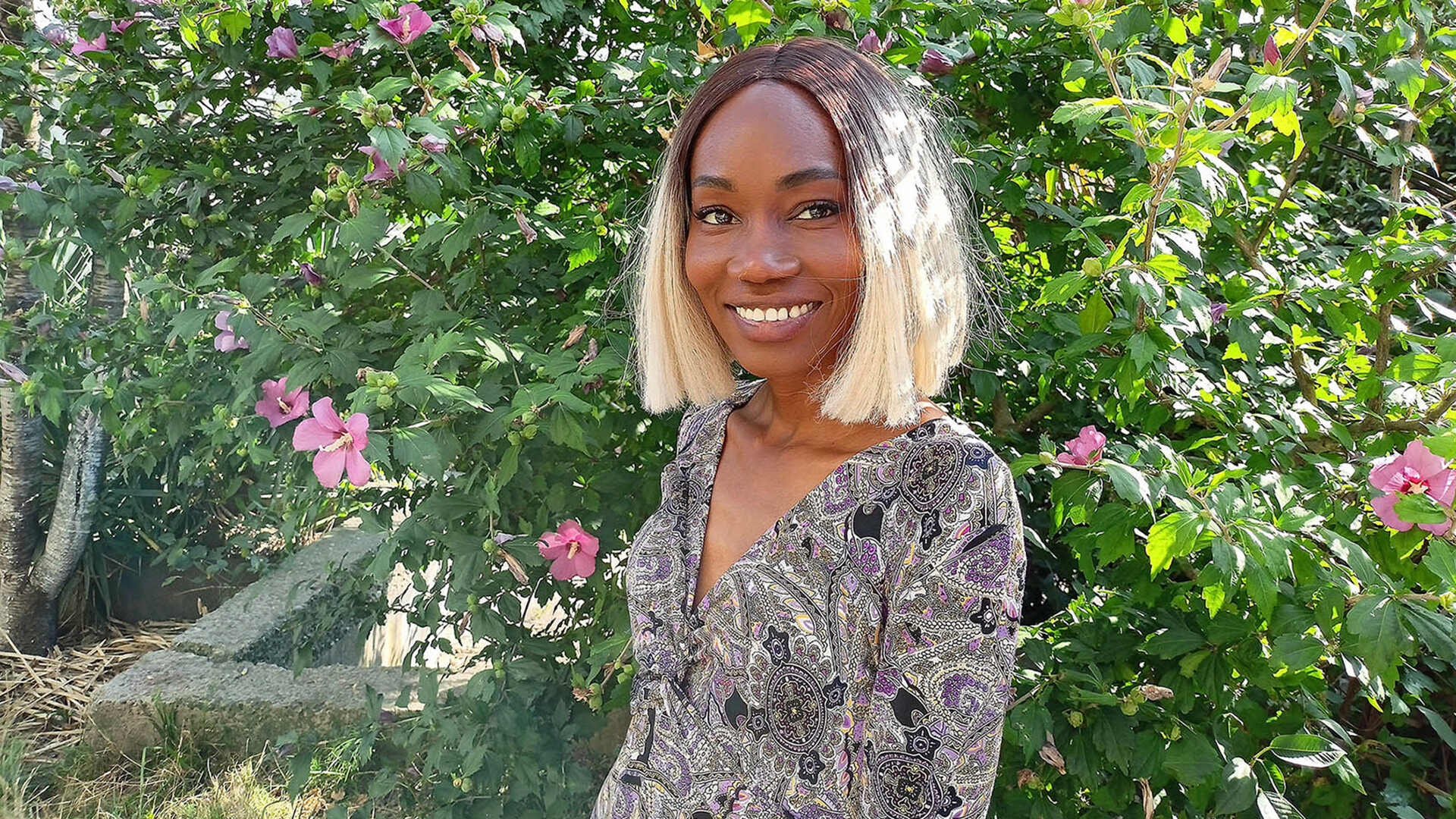
Why this English engineer has been living in Russia for more than 30 years
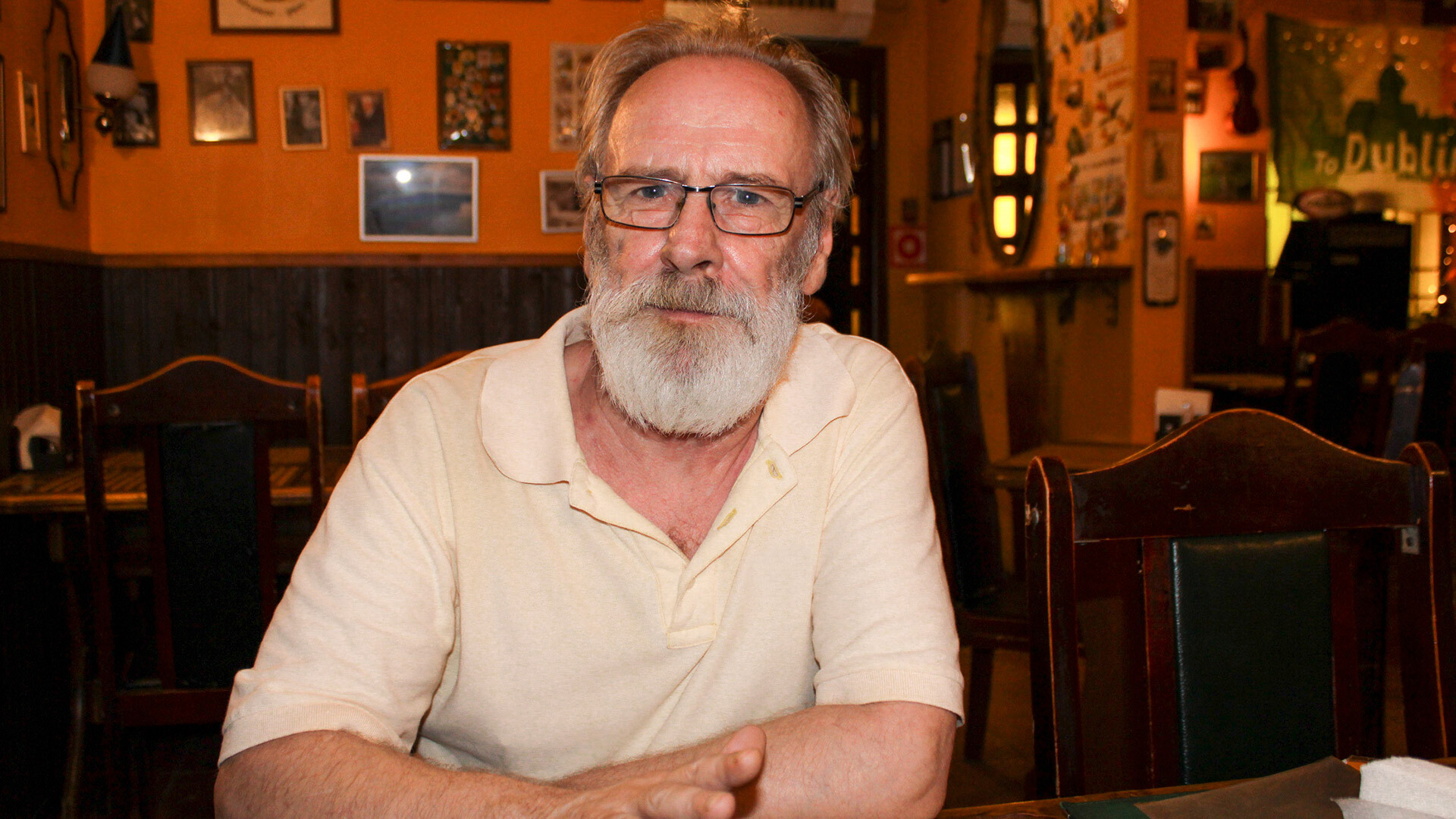
Engineer David Bevans went to the Soviet Union for the first time back in 1988. It was a work trip and his task was to start up machines at the Voronezh’s ‘Energia’ scientific production company. But, due to malfunctions, instead of six weeks, David ended up staying for six months. “Winter came and the cold came,” David recalls. He decided not to wait for warm clothes to come from home via mail. “I went to the local market and bought felt boots, a sweatshirt and cotton pants. And that’s it! Living in Russia became possible,” the Englishman laughs. And then, indeed, he stayed.
From English Leicester to Russian Voronezh
David was born in 1956 in Leicester, England. He pokes fun at himself that he was born with a wrench in his mouth. His father, also an engineer, involved his son in repairing all sorts of mechanical things from an early age. At the age of six, David was entrusted with fixing a bike and, at 12, he was considered a pro. Now, David’s older brother and sister are long retired, but he continues to work: “I’m the only freak: at 65, I’m still working and getting high off it!”
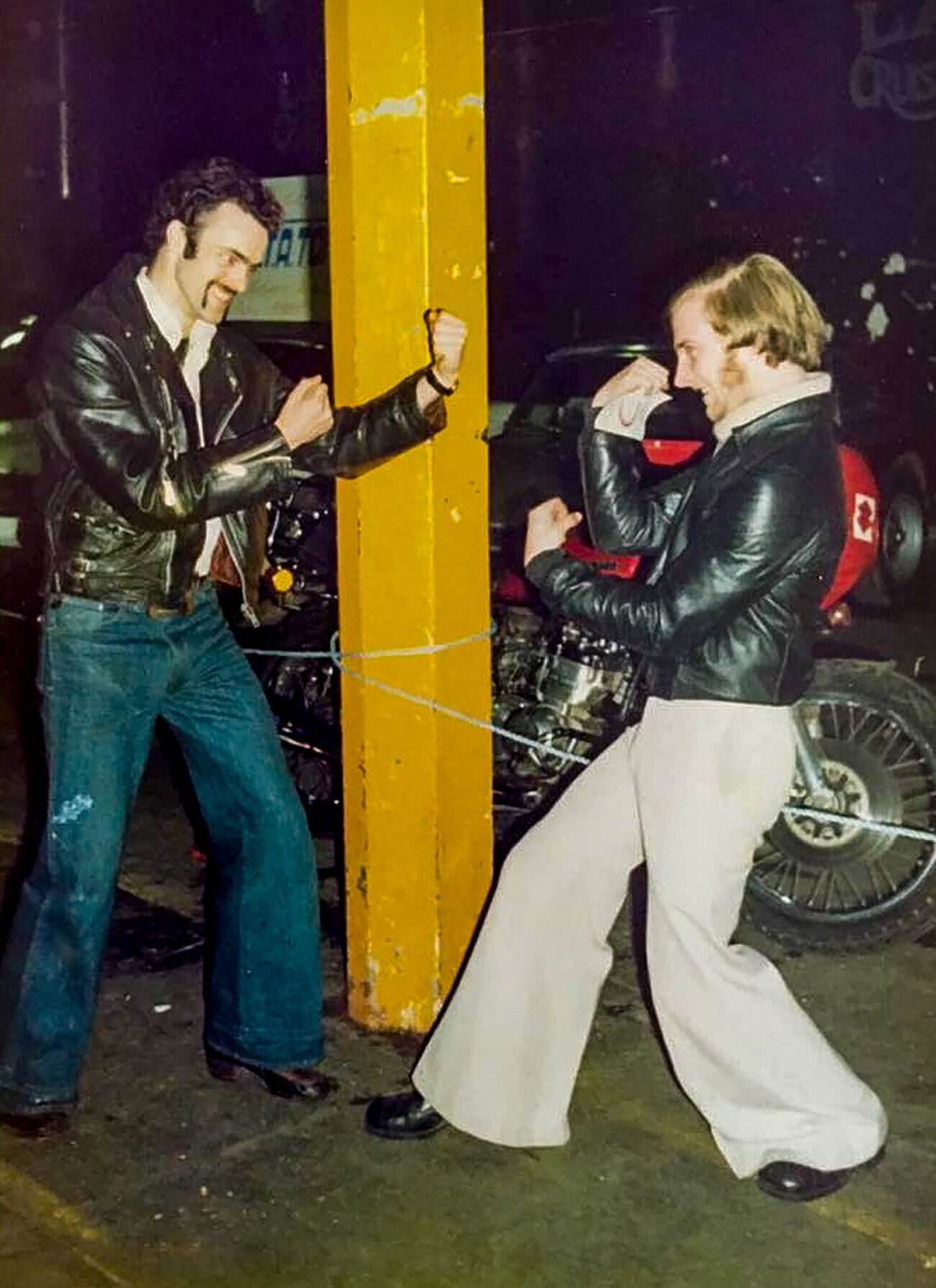 Cheerful young age in England (David is pictured right)
Cheerful young age in England (David is pictured right)
Today, Bevans works in Voronezh as a repair mechanic, responsible for the production of various electric motors, from elevators and railroads to auto-slides for furnaces. “There are import substitution orders coming in right now, so there’s a lot to do.”
Back in the late 1980s, the company that had sent David to Russia soon went bankrupt and he received an invitation from ‘Energia’ to stay in Voronezh. As David says, in England, because of then Prime Minister Margaret Thatcher, the industry then began to suffer, so he accepted the invitation.
First impressions of Russia
David recalls that, on his first visit, he felt like a helpless child in an adult’s body. “Everything written you can’t read, everything you hear you can’t understand.” Neither could the Soviet people understand him - not many people spoke English back then.
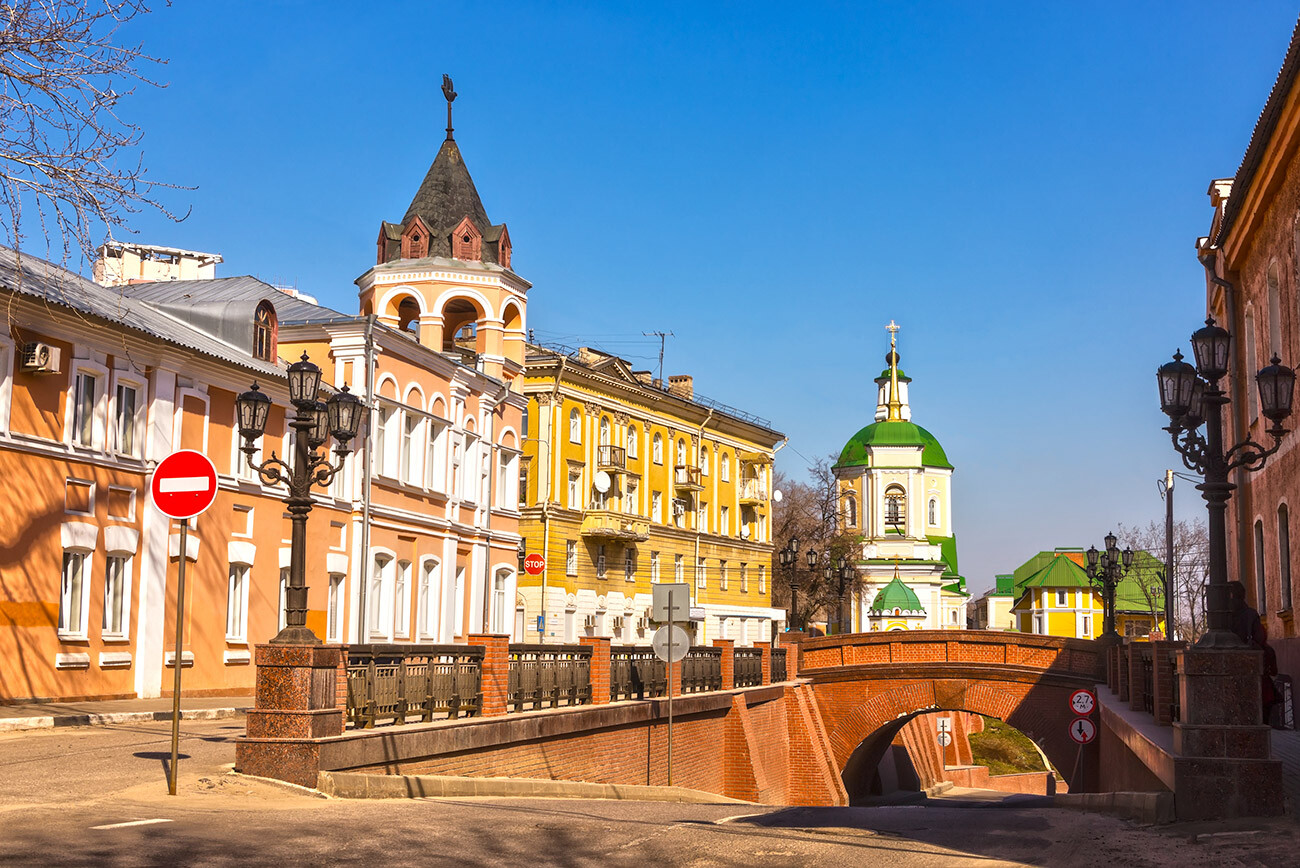 Voronezh
Voronezh
One day, there was a curiosity. “My boss, who arrived in the USSR earlier, and I went to a grocery store. It was morning, our usual breakfast of eggs and sausages. We pointed our fingers at the sausages - six pieces, please. But, there were no eggs in the display case. The boss forgot what they are called in Russian… And then he said in Russian, ‘I want ten of them’ and did the following!” Then David starts depicting his boss - clucking, flapping his arms like wings, rising a little above the table and as if he were pulling an invisible egg from somewhere in the back. “The salesgirls laughed and remembered the boss - so we never stood in line there again.”
“And this lesson showed me that you shouldn’t be embarrassed. Let people laugh at you, together with you, something good will come out of it anyway.”
Advantages of the ‘Russian system’
David says he is very picky about food and, when he got married, his Russian wife took him to visit her relatives. There, in the best traditions of Russian hospitality, a huge table was covered and David was offered to try everything. His wife defended him: “Don’t pester him, he’ll eat it himself! So… He doesn’t eat this and that…” The relatives became sad: “Poor thing, how do you feed him?” And his wife insisted that he cooks perfectly by himself.
Years passed and David grew to love Russian cuisine, but what he still can’t stand are pickled cucumbers and tomatoes, garlic, black bread and herring.
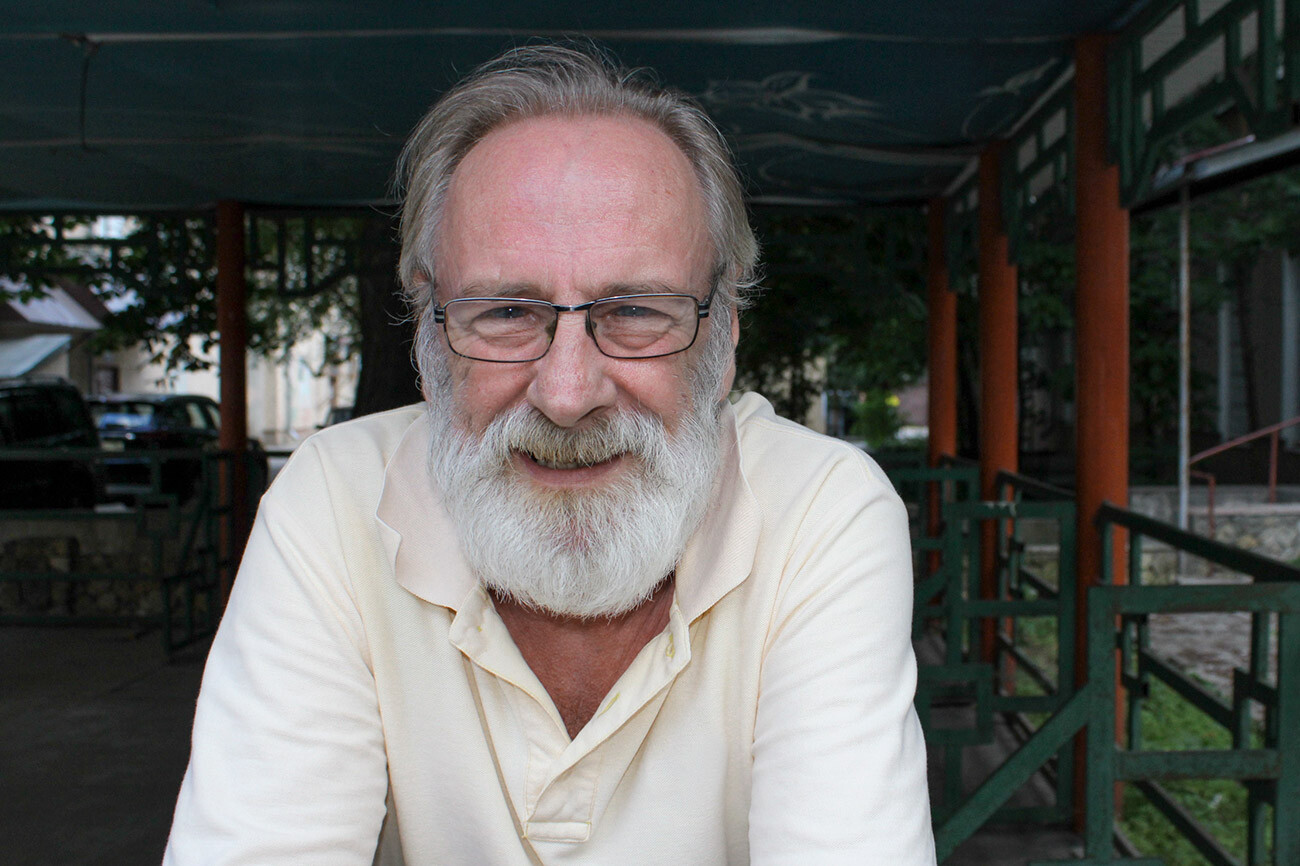
In general, one of David’s main surprises was that, while in the late Soviet Union and in Russia of the 1990s, the store shelves were empty, everyone still had their refrigerators full of food and could easily set a table spread. David recalled that he could go out and eat one thing here and another there. “I asked my friends: what’s the trick? The Russian system, they replied.”
David recalls that once his friend, a biker, was returning to England from the Soviet Union and cried, but couldn’t explain what exactly he liked so much. “It’s the same for me: I can’t explain what the buzz is about this ‘Russian system’, but I like it a lot, too.”
What David knows for sure is that he likes the openness of the Russians and the fact that people here shake hands, though it isn’t customary in England. “These are very difficult times for Russia, but, even so, I feel much freer here than in England or America. If I want to go for a walk, I don’t have to take a map and see where I can walk, which field is someone else’s. It’s mandatory to know that there,” he says.
“Here, in Russia, they like to say: there is order in the West. But it comes at a price: you can’t do this, you can’t do that. Here the order is peculiar. I remember an incident. In the 1990s, I came to the British Embassy in Moscow. I went to the toilet, but it was closed: ‘Excuse me,’ they said, ‘someone has stolen the float from the tank. It doesn’t work!’ I went outside and there was a rusty lock on the toilet. There was a policeman standing nearby, so I went to him. I explained what I was looking for. The policeman looked around and said quietly: ‘There’s a lot of trees around, go make a quick run.’ Can you imagine an English policeman answering you like that? No! He will follow you, even if the nearest toilet is on the moon.”
An Englishman shows sky to the locals
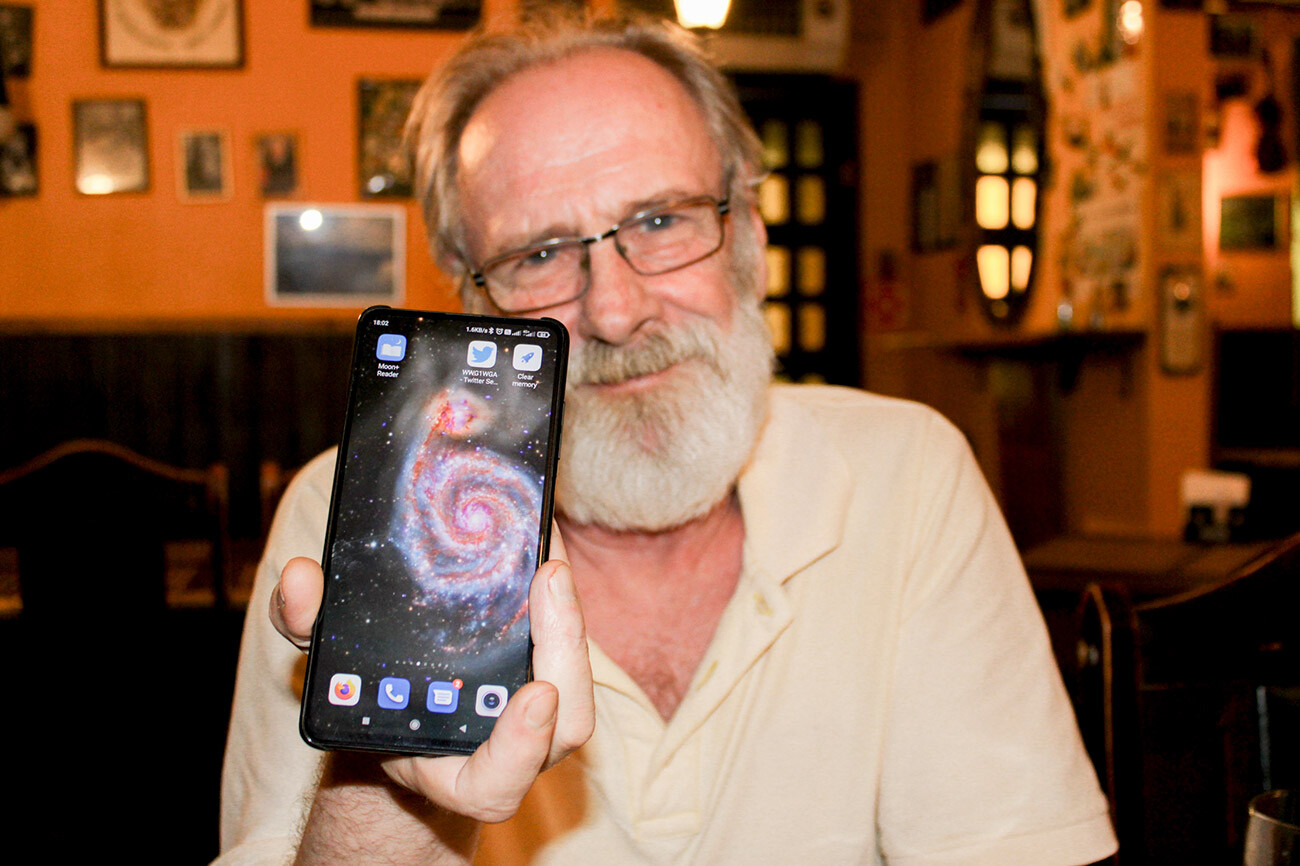
David is well-known in Voronezh as an astronomy lover and local media even write that the Englishman shows the locals the star life. He became seriously interested in astronomy in Russia. “I had an old Soviet monocular, half binoculars. Late at night, I sat in the countryside and looked at the stars through the monocular, looked for about thirty minutes and began to distinguish details: Jupiter with satellites, the Laguna Nebula, I was impressed.” Then, I bought a good telescope. “And it began: lectures, workshops, so-called ‘sidewalks’ - sidewalk astronomy. That’s when we take the telescopes outside and ordinary passersby can look through them.”
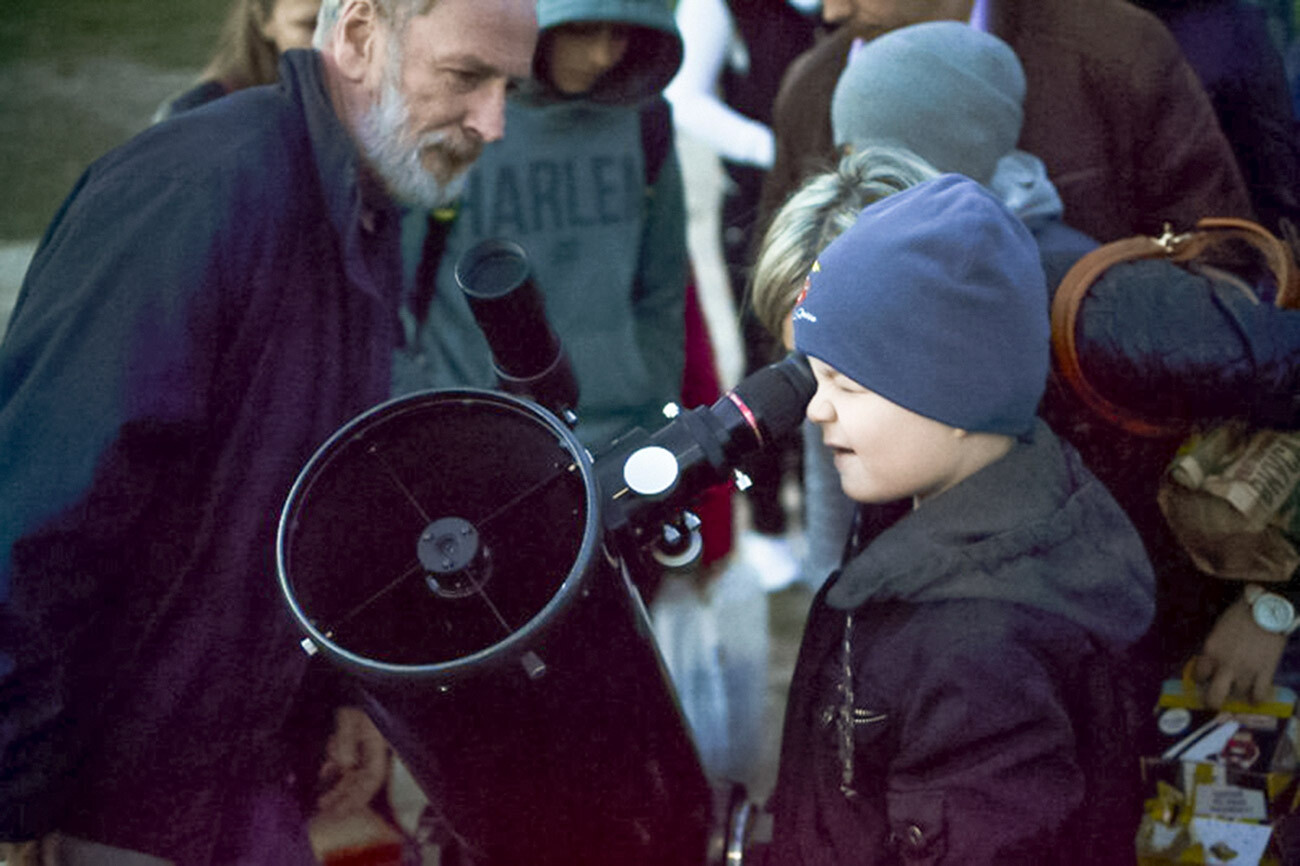 ‘Sidewalk’ astronomy in Voronezh
‘Sidewalk’ astronomy in Voronezh
A car instead of salary
David drives a 25-year-old Lada ‘Оkа’ car. Once upon a time in the 1990s, he got it as part of his salary. His beloved telescope takes up half the cabin. “It’s either my wife or the telescope that drives in the car with me,” he jokes.
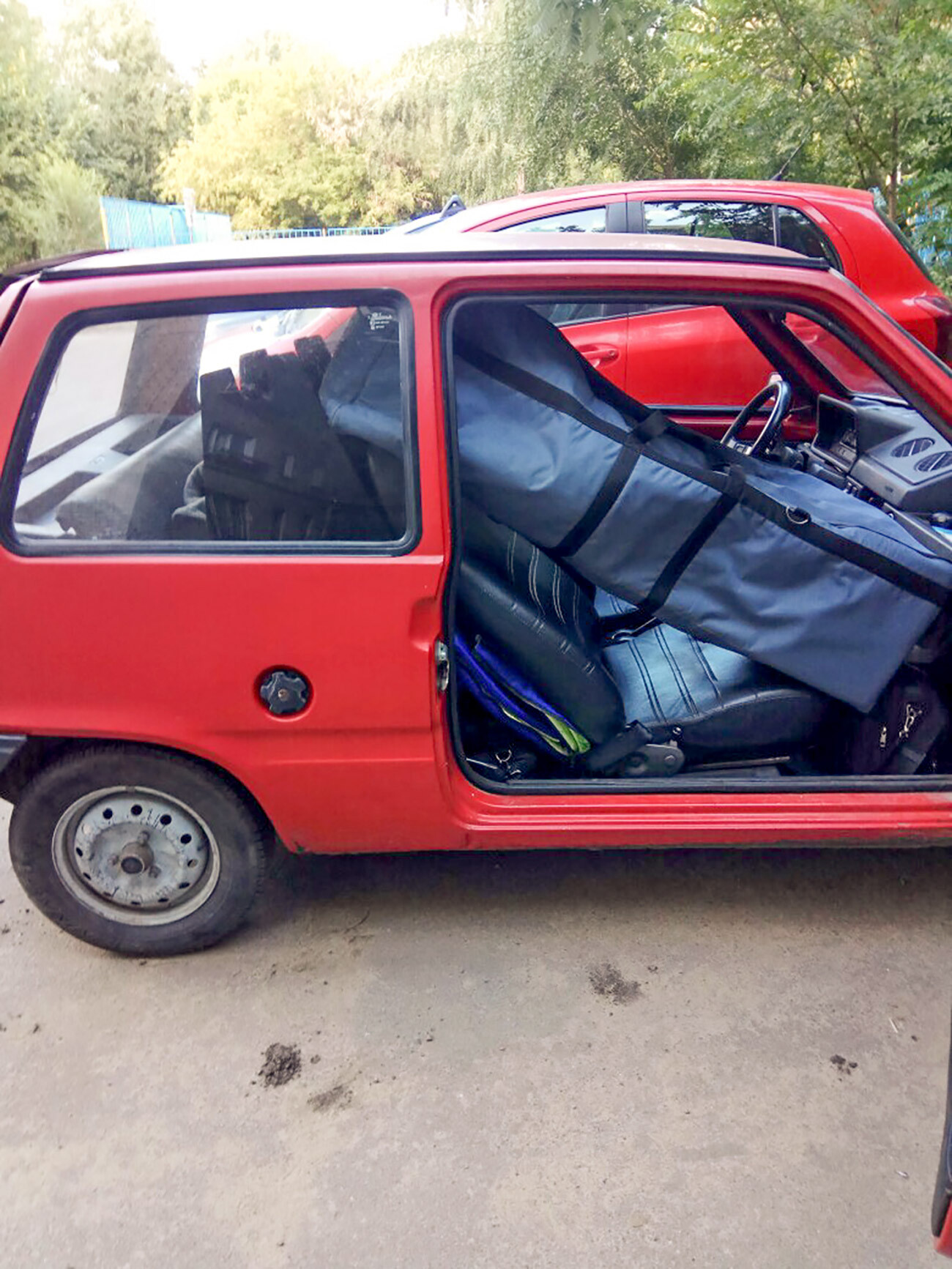 “It’s either my wife or the telescope that drives in the car with me,” David jokes
“It’s either my wife or the telescope that drives in the car with me,” David jokes
Usually, the Russian car industry is panned, but David is happy with the car. He says that, however, it is time to change it, but, because of the sanctions, he cannot get his British pension. “With this money it’s like Russia in the 1990s: what would have been enough for a car before is now enough for four tires.”
In general, David is an interesting mix of a vibrant English character and a mysterious Russian soul. “What did you expect? Thirty-three years there and almost thirty-three here! In fact, we all, the people of Earth, are similar to each other. It’s just that Russians don’t have strict rules.”
This interview was conducted for ‘Natsiya’ magazine’s ‘From Russia with Love’ project. The original version published in Russian was modified by Russia Beyond. You can read the original here.




